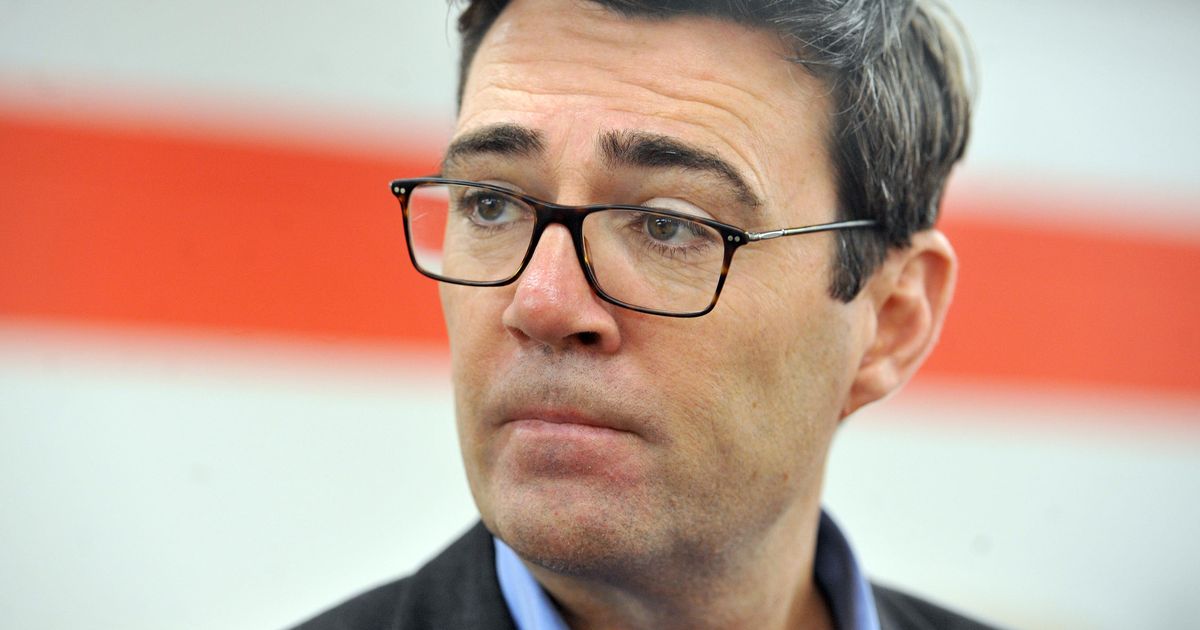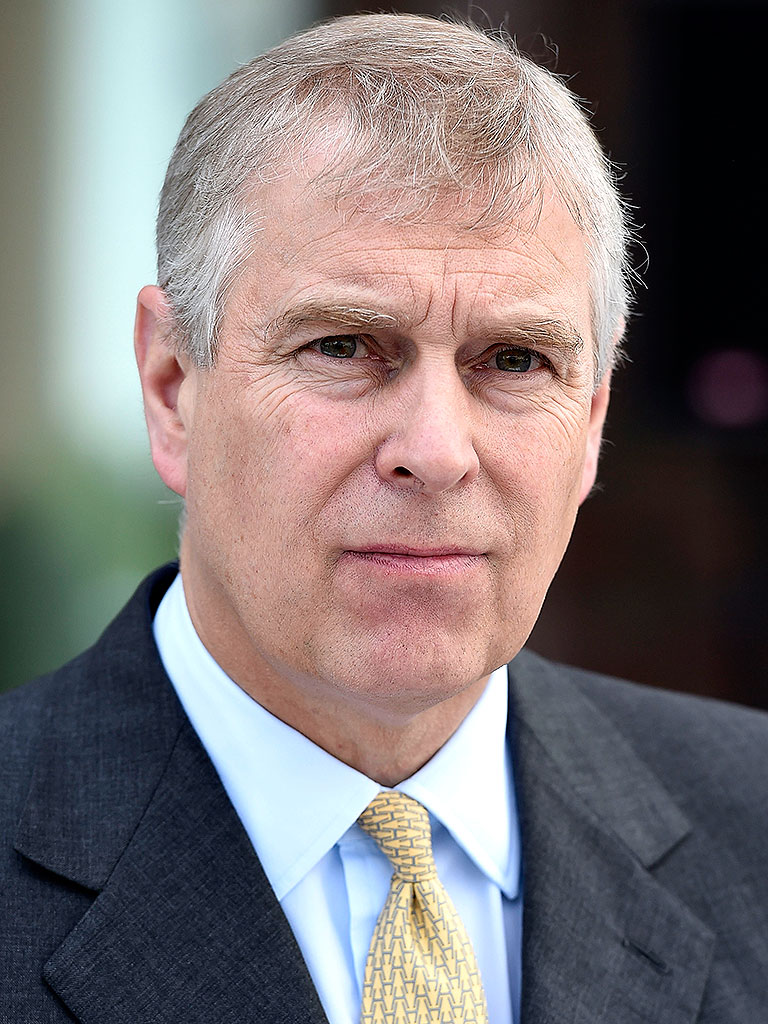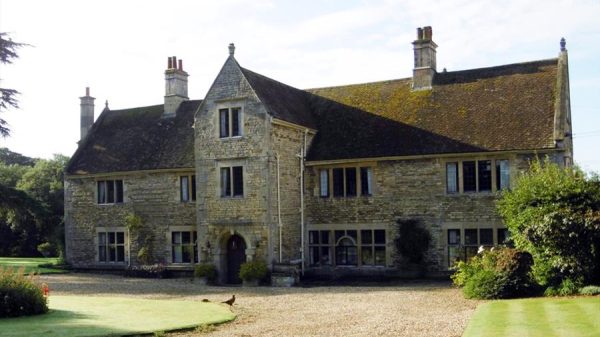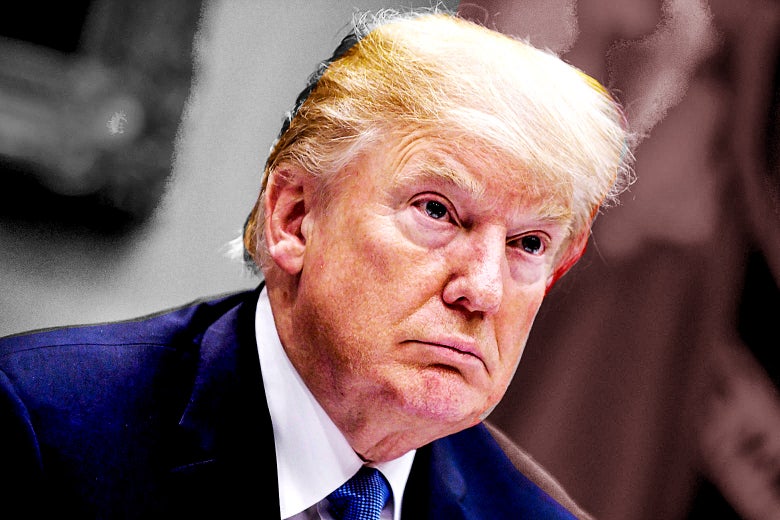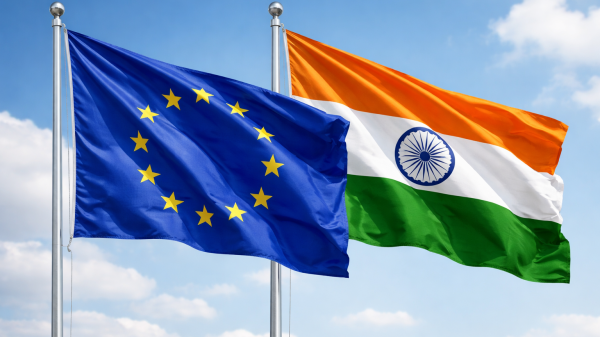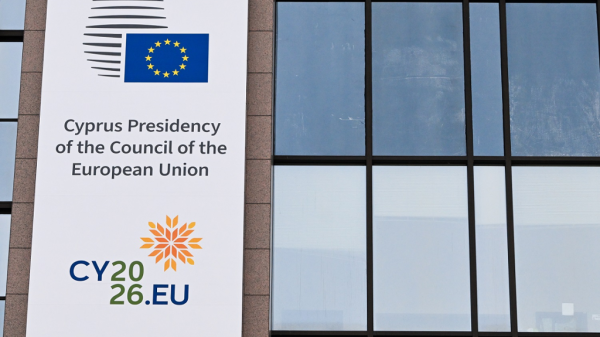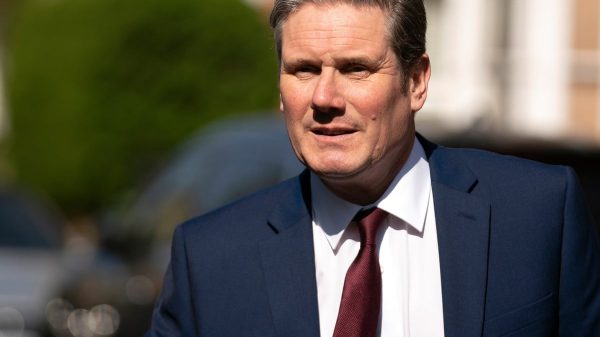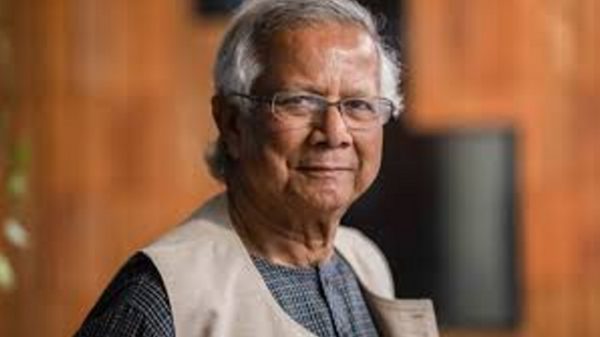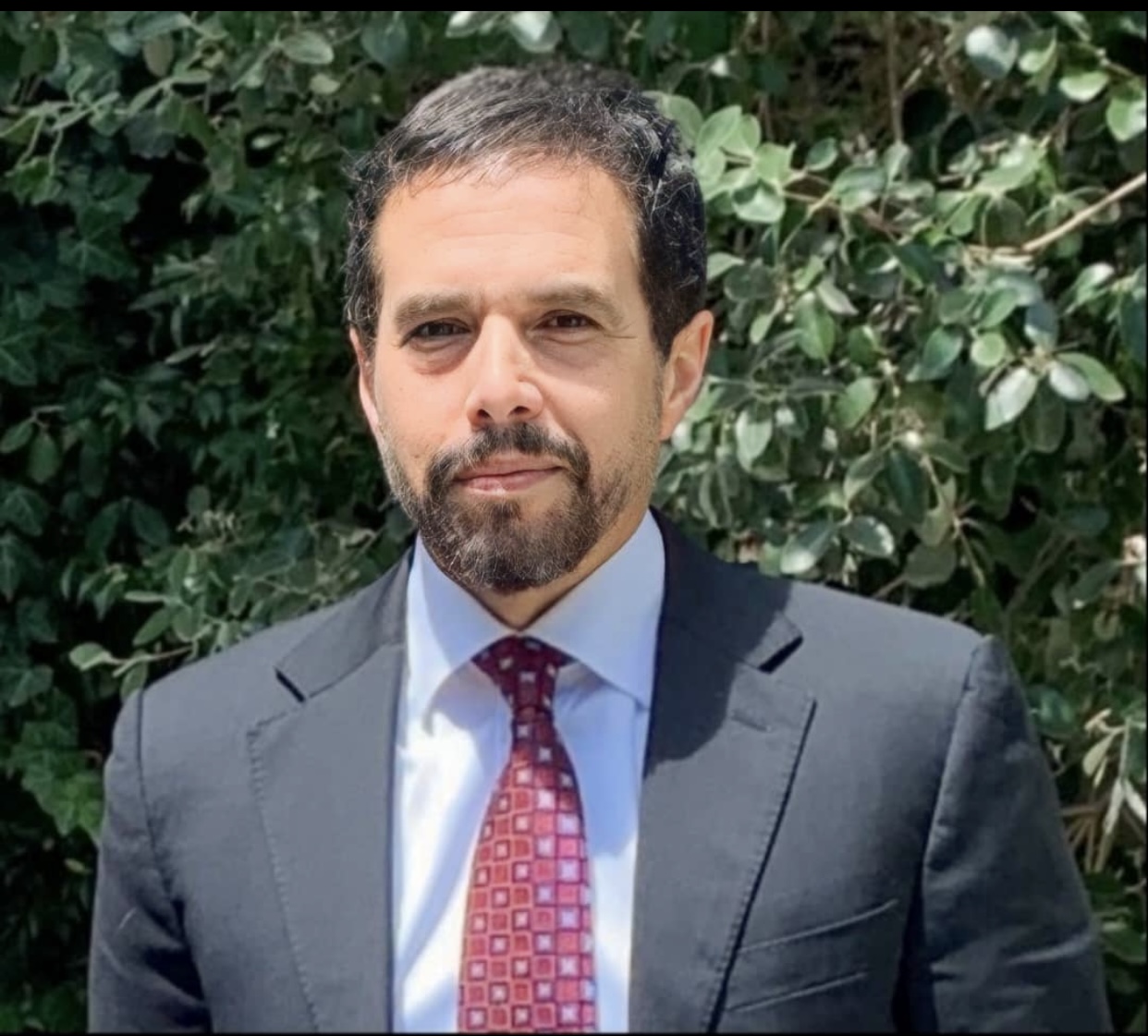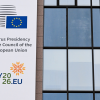The European Union is closely monitoring recent political developments in Libya, where 75 out of 145 members of the High Council of State have formally declared their support for the restoration of Libya’s historic parliamentary democracy under the leadership of a constitutional monarchy led by Libyan Crown Price His Royal Highness Prince Mohammed al-Rida al-Senussi (pictured). In a letter dated August 5th to UN Secretary-General António Guterres, made public on the 31st of August, these members called for a return to the constitutional framework established by the Libyan National Assembly in 1951, citing it as a unifying solution for the country’s ongoing political crisis.
The signatories, representing Libya’s western, eastern, and southern regions, are advocating for the 1951 constitution, which they assert remains “valid and effective to this day.” They argue that this framework could provide a common ground for the country’s fractured political landscape, which has struggled to achieve stability since the fall of Muammar Gaddafi in 2011.
Context: Libya’s Ongoing Crisis and the EU’s Role
Libya has been mired in conflict and division since Gaddafi’s ousting, with rival factions vying for control and multiple governments claiming legitimacy. The High Council of State, a consultative body formed under the 2015 Libyan Political Agreement (LPA), has played a crucial role in attempts to steer Libya toward national reconciliation and political stability.
Despite numerous efforts by the United Nations, the EU, and other international stakeholders, Libya remains deeply divided, with persistent conflict hampering peace and reconstruction efforts. The European Union has been a key player in these international efforts, supporting diplomatic initiatives, providing humanitarian assistance, and imposing sanctions aimed at promoting peace and stability in the country. The EU has also emphasized the importance of a Libyan-led political process and has supported various mediation efforts.
A Historic Approach: Support for the Constitutional Monarchy
The support for the constitutional monarchy under Libyan Crown Price His Royal Highness Prince Mohammed al-Rida al-Senussi, led by members of the High Council of State, is being presented as an alternative approach to resolving Libya’s enduring political deadlock, who propose restoring the country’s historic constitutional monarchy as a legal and democratic framework that could serve as a common denominator for all Libyan factions. In their letter, the members highlighted the deteriorating situation in the country, citing worsening security, economic, and humanitarian conditions exacerbated by corruption and the lack of a unified government.
The letter also praises the recent initiatives of His Royal Highness Prince Mohammed al-Rida al-Senussi, who has been actively engaged in consultations aimed at fostering national unity. The members expressed strong support for Prince Mohammed’s efforts to “unite the word and unify visions around the principle of returning to constitutional royal legitimacy as a legal and constitutional umbrella for returning to a democratic state that embraces all Libyan men and women.”
EU Response and Potential Implications
The EU has yet to make a formal statement regarding this recent development, but European diplomats are likely to consider the implications of a return to constitutional monarchy for the broader peace process in Libya. The EU’s policy towards Libya has long emphasized the need for an inclusive political solution that respects Libyan sovereignty and facilitates fair and transparent elections.
The call for a constitutional monarchy could present opportunities for the EU’s engagement in Libya, offering a new basis for national dialogue and reconciliation and introducing a significant shift in the political landscape that would allow European policymakers to take a new approach to their engagement with the Libya issue.
Excerpts from the Letter to the United Nations
The members of the High Council of State outlined their stance clearly in the letter:
“We demand reliance on the constitution of the Libyan National Assembly that it drafted and approved in its session held in the city of Benghazi on Sunday, October 7, 1951, which is a constitution that is valid and effective to this day, considering that this is the only unifying matter that all the conflicting factions in Libya will agree upon.”
They further underscored the urgency of this approach, stating:
“The state of institutional division has worsened, and the political process has reached a level of tension that has led to the deterioration of the security, economic, social, and humanitarian conditions, as corruption indicators have witnessed a dangerous rise, which has negatively affected the ability of the Libyan citizen to ensure a decent life.”
With the EU’s strategic interests and ongoing commitments in Libya, these developments may prompt renewed diplomatic efforts and discussions among European policymakers and international partners on how best to support Libya’s path towards peace and stability.

